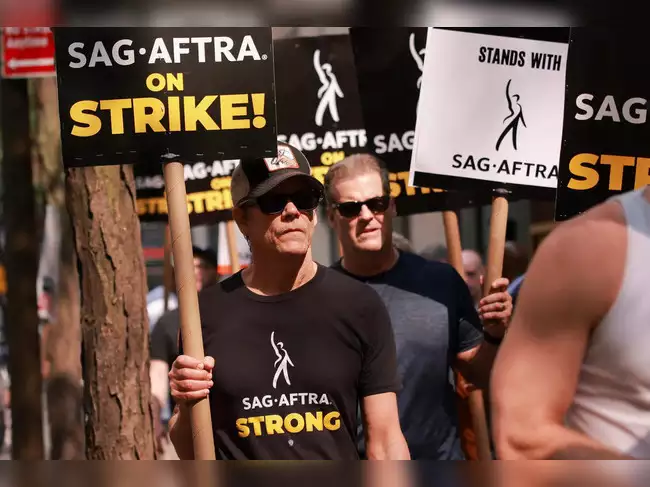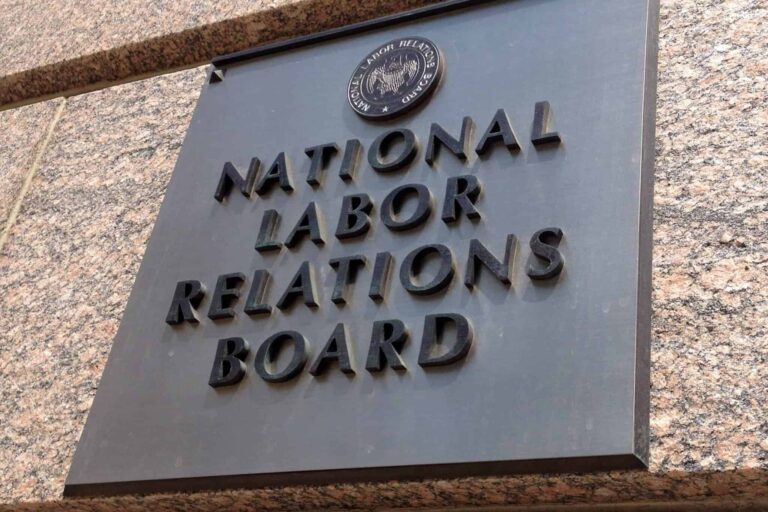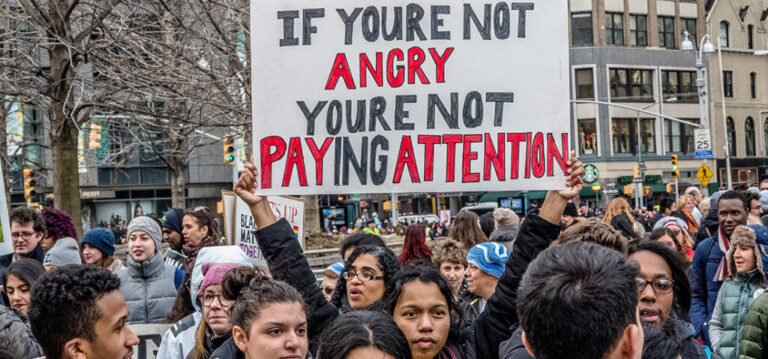The Tax Cuts and Jobs Act of 2017 chopped off a big piece of the federal corporate tax rate, dropping it from 35 to 21 percent. That sizeable chunk of change will now move from the federal fisc to corporate treasuries across the country. Democratic leaders have almost uniformly slammed the legislation as a giveaway to multinational corporations and their wealthy shareholders; Bernie Sanders called it a “massive attack” on the middle class. But Republicans have argued that the corporate tax cuts will provide the capital necessary for companies to expand operations, create more jobs, and pay their workers more. At first, it appeared that corporate leaders might be reluctant to play along with this narrative. But since passing the cuts, Republicans have touted every example of companies deciding to invest and workers getting more money. Donald Trump, Mitch McConnell, and Paul Ryan have all gotten into the act, tweeting out stories of individual companies choosing to spend some of their newfound tax wealth on their workers. In his State of the Union address, the president specifically claimed that three million workers had received bonuses because of the tax cuts.
Progressives risk seeming churlish if they ignore or belittle the individual examples of bonuses and higher wages that workers are getting. Companies such as Starbucks, Walmart, and Southwest Airlines are in fact passing along part of their corporate tax savings to employees. There is real money going to real workers, and the companies are giving credit to the tax cuts. But a lopsided number of these corporate press releases are about bonuses, rather than wage or salary increases. The bonus is short-term—an event that can be written off as a one-time expense. Wage increases, however, are sticky, and tend to last much longer into the future. For public relations purposes, the bonus is ideal: when a company like Disney or Home Depot announces a $1000 bonus, it makes the news. But that bonus will disappear after it’s made, unlike a wage hike. Of course, the slashed corporate tax rate is decidedly not a one-time deal; unlike the cuts to individual rates, the Republicans chose not to sunset the change in corporate rates. So companies will go on enjoying these cuts, while workers get one-and-done relief.
It’s really hard to tell how generous these bonuses and wage increases actually are, because employers are essentially bargaining against themselves. These bonuses are characterized as gifts, largesse—an instance of noblesse oblige. They seem to have materialized without any labor action or employee efforts. Supporters of the tax cuts argue that the bonuses represent the market at work; that the tax cuts will be passed along—will trickle down—to a company’s employees. But it’s unclear what mechanisms are pushing employers to provide these additional funds. If employees are already paid market wages, why should they get a bonus? Shouldn’t the money go to shareholders, who have been unfairly “double-taxed” all these years?
One possibility is that these income increases and bonuses are market-driven, rather than a response to changes in tax policy. The economy has been steadily improving since 2009, and unemployment is at historic lows. The compensation boosts may simply stem from greater market demand for employees, which puts upward pressure on wages. At the same time, however, government “spending” through tax breaks should also create more demand, as it stimulates the economy. It is difficult to tease out the specific effects of tax reform on the economy as a whole, and on wage rates in particular.
What is clear, however, is that most employees have no advocates to pressure for a better deal. With private-sector labor representation falling below seven percent, the average employee is not represented by a union, nor is she in an industry with a significantly unionized population. No wonder, then, that employers have been left to their own discretion in calculating how much of their newfound monies they should share with workers. Unions are missing from the picture.
Unions would be well-positioned to actually size up the effects of the cuts for a particular employer and then use the opportunity to negotiate better terms and conditions. And there is clearly additional surplus to be bargained over. At Walmart, for example, the mix of bonuses and wages adds up to $700 million, while the company is simultaneously engaged in a $4 billion buyback program. Home Depot is engaged in a $15 billion stock buyback program; meanwhile, it is limiting its $1000 employee bonuses to those who have been at the company for twenty years or more. These disparities are grist for the union mill; they show in concrete terms how much money employees are leaving on the table.
There are a few examples of unions taking on the tax cut bonuses. UNITE HERE, which represents workers at Walt Disney World, complained that the Disney bonus plan was small potatoes. The union specifically compared the $125 million cost of the bonuses to the tax savings enjoyed by the company, which the union estimated at $2 billion. The Communications Workers of America, on the other hand, took credit for the tax cut bonus that American Airlines workers received while acknowledging that “it falls short of the permanent wage increase that working families were promised.” CWA has specifically referenced the $4,000 wage increases that Trump claimed on behalf of the tax legislation in its negotiations with individual companies. Interestingly, several of these union-represented companies have tried to ascribe the tax cut bonuses purely to their own decisionmaking. If an employer did unilaterally pay bonuses to employees without bargaining first, the union would likely have a bad-faith bargaining charge to bring. Employers must negotiate with employee representatives over any changes to terms and conditions of employment—even ones that improve those terms and conditions. But unions may find it difficult to challenge increases in pay, whatever the form.
Many studies, including recent research by Tom Kochan, indicate that workers have a strong desire for increased voice at the workplace. Indeed, now would be an opportune time for employees to speak up and bargain collectively. Real wages continue to stagnate—as they have for the last four decades. And yet corporate profits, and the stock markets, are booming. The opportunity is there for workers to rebalance the economy and address the problem of income inequality through real-world negotiations over the surplus. Instead, these tax cuts bonuses are likely to be a blip on the radar—a momentary bright spot that soon fades from view.










Daily News & Commentary
Start your day with our roundup of the latest labor developments. See all
December 10
In today’s News and Commentary, advocacy groups lay out demands for Lori Chavez-DeRemer at DOL, a German union leader calls for ending the country’s debt brake, Teamsters give Amazon a deadline to agree to bargaining dates, and graduates of coding bootcamps face a labor market reshaped by the rise of AI. Worker advocacy groups have […]
December 9
Teamsters file charges against Costco; a sanitation contractor is fined child labor law violations, and workers give VW an ultimatum ahead of the latest negotiation attempts
December 8
Massachusetts rideshare drivers prepare to unionize; Starbucks and Nestlé supply chains use child labor, report says.
December 6
In today’s news and commentary, DOL attempts to abolish subminimum wage for workers with disabilities, AFGE reaches remote work agreement with SSA, and George Washington University resident doctors vote to strike. This week, the Department of Labor proposed a rule to abolish the Fair Labor Standards Act’s Section 14(c) program, which allows employers to pay […]
December 4
South Korea’s largest labor union began a general strike calling for the President’s removal, a Wisconsin judge reinstated bargaining rights for the state’s public sector workers, and the NLRB issued another ruling against Starbucks for anti-union practices.
December 3
Public employees regain union rights in Wisconsin; Volkswagen workers strike in Germany; USPS calls NLRB unconstitutional